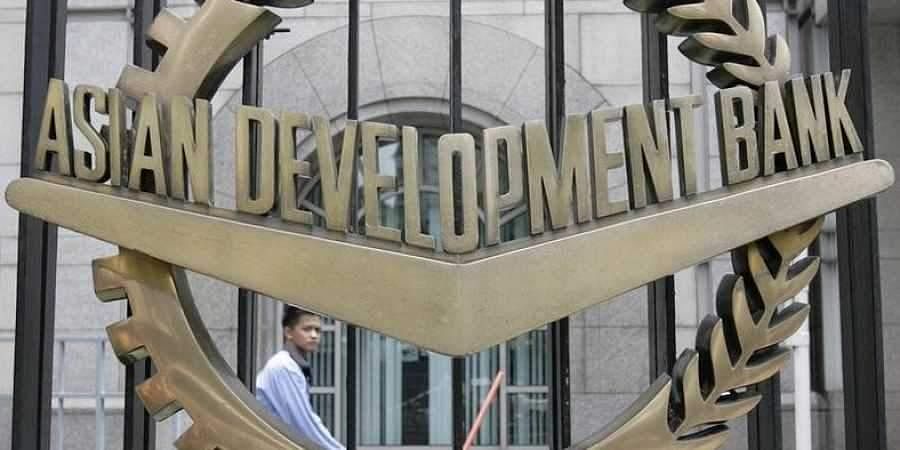KUALA LUMPUR, April 6 (NNN-Bernama) — Policy reforms that improve tax collection and increase revenue can help Asian economies to achieve sustainable and inclusive economic growth.
Asian Development Bank (ADB) director of Macroeconomics Research, Abdul Abiad said such reforms must be carried out on a case-by-case basis, and in ways that do not stifle growth or create undue burdens on taxpayers.
“Developing Asia’s ageing population will require higher spending on pensions and healthcare while rising affluence will boost expectations for more and better public goods and services.
“Vast investments in clean energy are needed to tackle the threat of climate change; to meet these demands and others, countries will need to draw on the full range of private and public financial resources,” he said during the Asian Impact Webinar on Asian Development Outlook 2022, Wednesday.
He said solutions for governments to consider include a more efficient collection of value-added taxes, reforming tax incentives and bringing more businesses into the formal economy, as well as optimising personal income and property taxes.
According to ADB, with the reforms, developing Asia’s economies could increase tax revenue by an average of three to four percentage points.
For example, making it easier to register a business and lowering transaction costs could bring more small businesses into the formal economy, thus enhancing tax collection.
Abdul noted that in Southeast Asia, micro, small, and medium-sized businesses account for 98 per cent of all enterprises and 41 per cent of gross domestic product (GDP) as of 2020.
“Governments can also improve the collection of taxes from Asia’s burgeoning trade in digital services, which have more than tripled since 2005 to US$1.4 trillion (US$1=RM4.22) in 2020,” he said.
He also added that carbon pricing instruments and fossil fuel taxes have been proven to reduce pollution, and taxes on alcohol, tobacco and unhealthy food and drinks can raise revenue by up to 0.6 per cent of the GDP while leading to better health outcomes and reducing medical costs.
— NNN-BERNAMA





